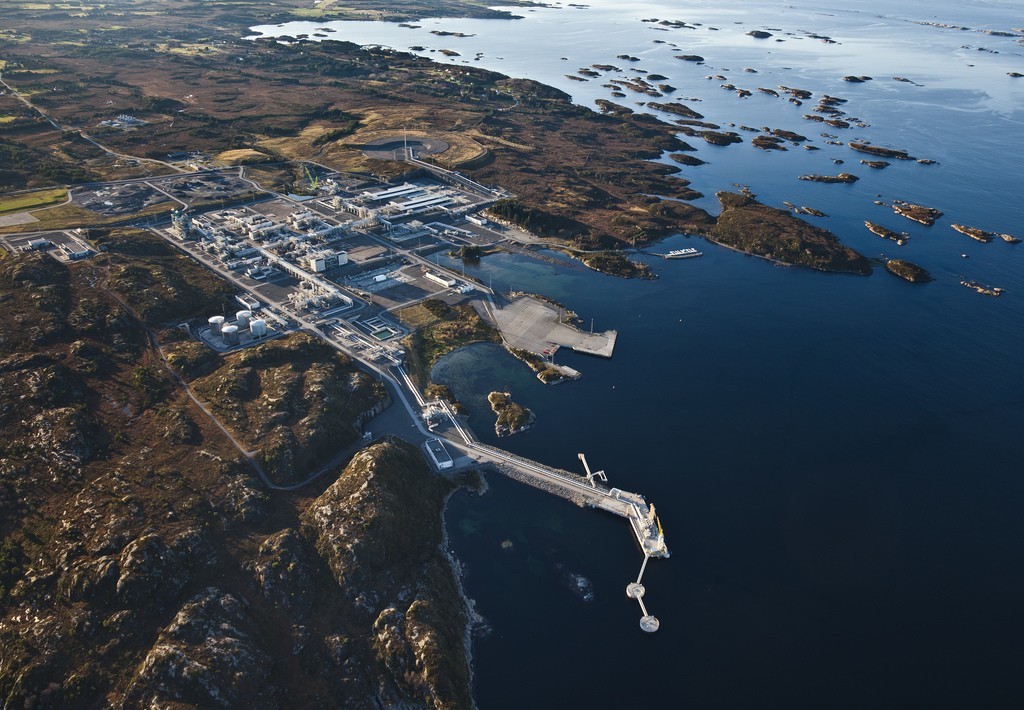
Norway’s oil companies and the industry’s biggest union had set off two days to negotiate over wages for offshore workers. Instead, the talks broke down after less than a minute.
The failure shows the width of the gap that will need to be bridged in state-backed mediation if Norway, western Europe’s biggest producer of oil and gas, is to avoid strikes that would deepen the crisis provoked by the collapse of crude prices since 2014.
The break-down of wage talks for offshore workers on production platforms, where a strike would have immediate consequences on output, comes after negotiations stranded earlier this month for workers on oil-rigs and onshore supply bases. The risk of several strikes comes as Norway’s economy is already suffering more than during the financial crisis, with offshore investments set to drop for a third consecutive year in 2017 and about 40,000 jobs lost in the oil industry.
“The situation is the most deadlocked in a long time,” Leif Sande, leader of the Industry Energy union, said about the talks that broke down on Monday. “The differences were so obvious so early on that it was just as well to make an appointment with the National Mediator right away rather than sit here for two days.”
Oil producers, represented by the Norwegian Oil and Gas Association, are seizing on the difficult market situation to break down a model of stable wage increases separated from economic fluctuations, Sande said. Neither oil companies or rig owners offered a wage increase, while the unions want to negotiate based on a benchmark accord between employers and workers in export-exposed industries reached earlier this year, he said.
The employers’ group, which represents companies like Statoil ASA, BP Plc and ConocoPhillips, said there was no room for increases in a situation where producers were trying to reduce costs even before prices started falling.
“We’re in a very challenging situation,” Kolbjoern Andreassen, a spokesman, said in phone interview. “It will get worse before it gets better.”
No date has been set for the state-backed mediation, a last-ditch effort led by the National Mediator to reach an agreement and avoid a strike. The offshore oil worker talks, which cover about 7,500 people in total, 4,000 of which are affiliated to Industry Energy, were continuing with two other unions, Andreassen said.
The mediation in the rig-worker negotiations will take place June 20 and 21. Energy Industry has said 190 of its workers would strike if a deal isn’t reached, while the SAFE union has said as many as 2,456 members would walk out. It wasn’t immediately clear which drilling rigs or production ships would be affected.
A rig strike would deepen the worst market downturn in a generation in offshore drilling, Jakob Korsgaard, the lead negotiator for the Norwegian Shipowners’ Association said in an interview last week. It could also “over time” have consequences for production, he said.
The last strike to affect output in Norway was a 16-day stoppage by oil-company workers in 2012. Actions that would have affected production have been avoided on several occasions through mediation in recent years.
While Korsgaard was “worried” rig owners and unions would still fail to see eye to eye during the mediation, the Norwegian Oil and Gas Association’s Andreassen said there was “always room to find solutions.”
“It will surely be a very challenging mediation,” he said. But “it’s usually easier to split money than to split principles.”
Recommended for you
